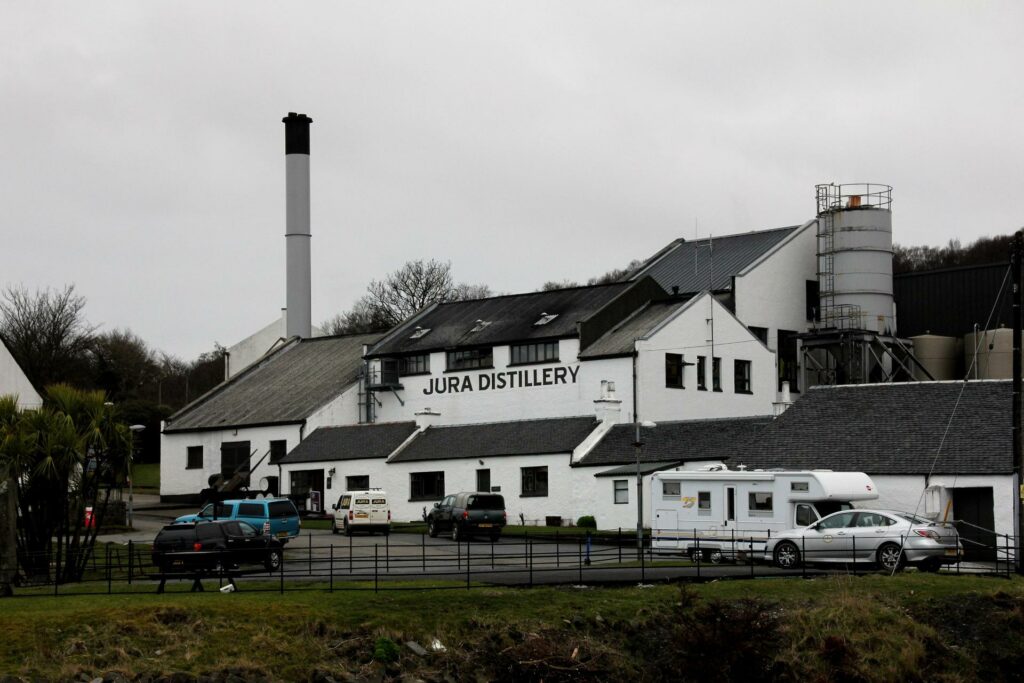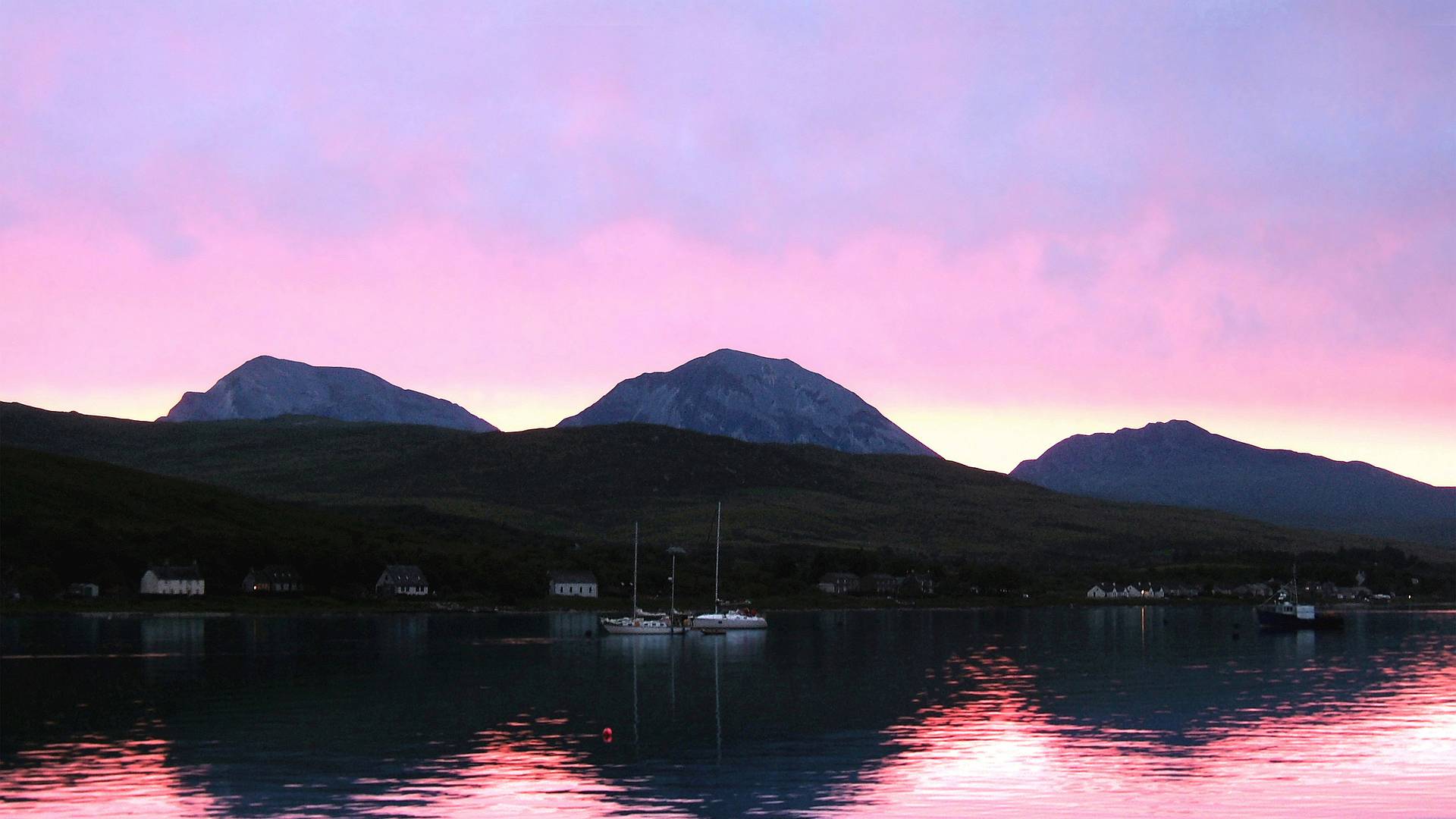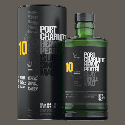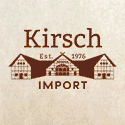Ein besonderer Kalkanstrich, entwickelt von der Universität von Hertfordshire, wird bei der Isle of Jura Distillery zum Einsatz kommen, um dort den CO2-Fußabdruck zu minimieren, denn der spezielle Kalk absorbiert Kohlendioxid und repariert sich selbst in einem gewissen Ausmaß, was ebenso zur Reduktion der CO2-Emissionen der Brennerei führen wird.
Hier die Infos dazu aus einer Pressemitteilung:
| Presseartikel | Für den Inhalt ist das Unternehmen verantwortlich |
Jura Distillery Trials Green Building Repairs
Jura Distillery partners with University of Hertfordshire and industry partners to test self-repairing building surface
Jura Distillery, home to the UK’s number one single malt whisky brand[1], will become the first building in the country to trial an innovative self-repairing limewash as part of the whisky maker’s commitment to sustainability within the industry.
The new coating, developed by the University of Hertfordshire and leaders in bio-based construction, UK Hempcrete, aims to reduce the carbon footprint of the island whisky makers, which will celebrate its 60th anniversary in April.
The ground-breaking solution increases a building surface’s absorption of CO2 and this project will be the prototype for a potential solution in building conservation, which could help many businesses in their commitment to a zero-carbon approach.
The beachside distillery is located on the Hebridean Isle of Jura, home to a tiny island community of just 212. Currently, wind-driven rain on the island weathers the distillery, which prompts annual repainting to protect the building. As well as disrupting production and tourism, which is a core part of the island economy, it also increases carbon emissions through the transportation of materials to the island and the fulfilment of the maintenance works.
This new, more-robust surfacing is self-repairing, which is expected to reduce how often the repairs are needed, therefore reducing the annual carbon emissions from the distillery.
The initiative forms part of ‘The Green Print’, the roadmap to net zero created by the wider Whyte and Mackay whisky house, which lays out the Scottish whisky maker’s vision for a sustainable future.
Jura’s Distiller Manager Jamie Muir comments:
“The Isle of Jura is beautiful place to make Scotch Whisky, but it is not necessarily the easiest place be a whisky maker.
“When we created The Green Print, we laid out our commitment to make a positive impact on the local community where we make our whisky. This partnership with our friends at UK Hempcrete and the University of Hertfordshire will deliver a pilot which we believe could make a positive impact across the Scotch Whisky industry and beyond.”
The project has received funding from the Arts and Humanities Research Council, as part of the Design Exchange Partnership Programme. The trial will aim to establish whether this is a sustainable solution for the building industry long term.
Alex Sparrow, UK Hempcrete’s Managing Director, adds:
“This collaboration with the University of Hertfordshire and Whyte and Mackay is a perfect fit for UK Hempcrete.
“This is an opportunity to develop an innovative new low-carbon product alongside the development of primary research at the university, and simultaneously see its application in a real world context. This fits exactly with our ethos of improving the technical performance of buildings in the real world, whilst lowering their carbon footprint.”
Whyte and Mackay – Award-Winning Whisky Makers
Whyte and Mackay is a famed whisky house, home to an award-winning collection of Single Malt Whiskies, led by The Dalmore. The collection includes Jura, the UK’s Number 1 Single Malt[2], Tamnavulin, the world’s fastest growing Single Malt[3] and Fettercairn, home to enlightened whisky making.
The Whyte and Mackay Green Print laid out their vision for a sustainable future as whisky makers. In addition each Whyte and Mackay distillery has been inducted to their Scottish Oak Programme, a whisky making initiative that seeks to harness the potential of native, local sourced, Scottish Oak in the whisky making process.
In 2020 the company was publicly recognised by the First Minister of Scotland for their support of the national pandemic response. Whyte and Mackay are official partners to SAMH – Scottish Association for Mental Health, which saw Whyte and Mackay employees worldwide complete a virtual-race-around-the-world to raise awareness for the charity.
Founded in Glasgow 1844, the whisky makers recently celebrated their 175 year anniversary, and were recognised as Distiller of the Year 2021. Today Whyte and Mackay have offices from New York to Singapore. In Scotland, Whyte and Mackay operate a state-of-the-art Bottling Hall and Distribution Centre in Grangemouth and a Whisky Production and Warehousing Centre in Invergordon – The Invergordon Distillery is home to Whyte and Mackay Blend, as well as contemporary Scotch Whiskies – Shackleton and Woodsman.
About the University of Hertfordshire
The University of Hertfordshire brings the transformational impact of higher education to all. Its students, staff and businesses consistently reach their full potential. Through high quality teaching, 550 degree programmes, cutting-edge research projects and powerful business partnerships, they think bigger, stand out and positively impact local, national and international communities. For more information, visit www.herts.ac.uk .
The University’s Zero Carbon Lab is a unique interdisciplinary research group, where design thinking and advanced computer modelling methods are brought together to seek solutions to the toughest open problems in the urban environment.
Founded by Professor Ljubomir Jankovic to consolidate the multitude of ongoing work facets in this field, Zero Carbon Lab collaborates nationally and internationally with industry and academia to facilitate a wider take-up of zero carbon design and retrofit of buildings, and on wider societal sustainability issues.
UK Hempcrete – Innovation in Bio-based Construction
UK Hempcrete is an innovative market leading company in the UK, specialising in hempcrete and other bio-based, low- or zero-carbon products in construction, in both new build and retrofit contexts.
Its staff team has many years of experience of the design, specification and installation of lime and bio-based building products in buildings in the UK and abroad.
The company has pioneered several successful innovative approaches to the construction of low- or zero-carbon buildings, and is now working to scale up these technologies into the commercial sector.
The recent launches of UK Hempcrete’s in-house design and practice, Studio Bio, and specialist bio-based building product supply business Natural Building Store, allow the company to provide a seamless range of services to clients in all sectors, who want to build the true net-zero carbon buildings of the future, today.
[1] Nielsen UK Off Trade MAT 26.03.22
[2] Nielsen UK Off Trade MAT 26.03.22
[3] IWSR 2020

















